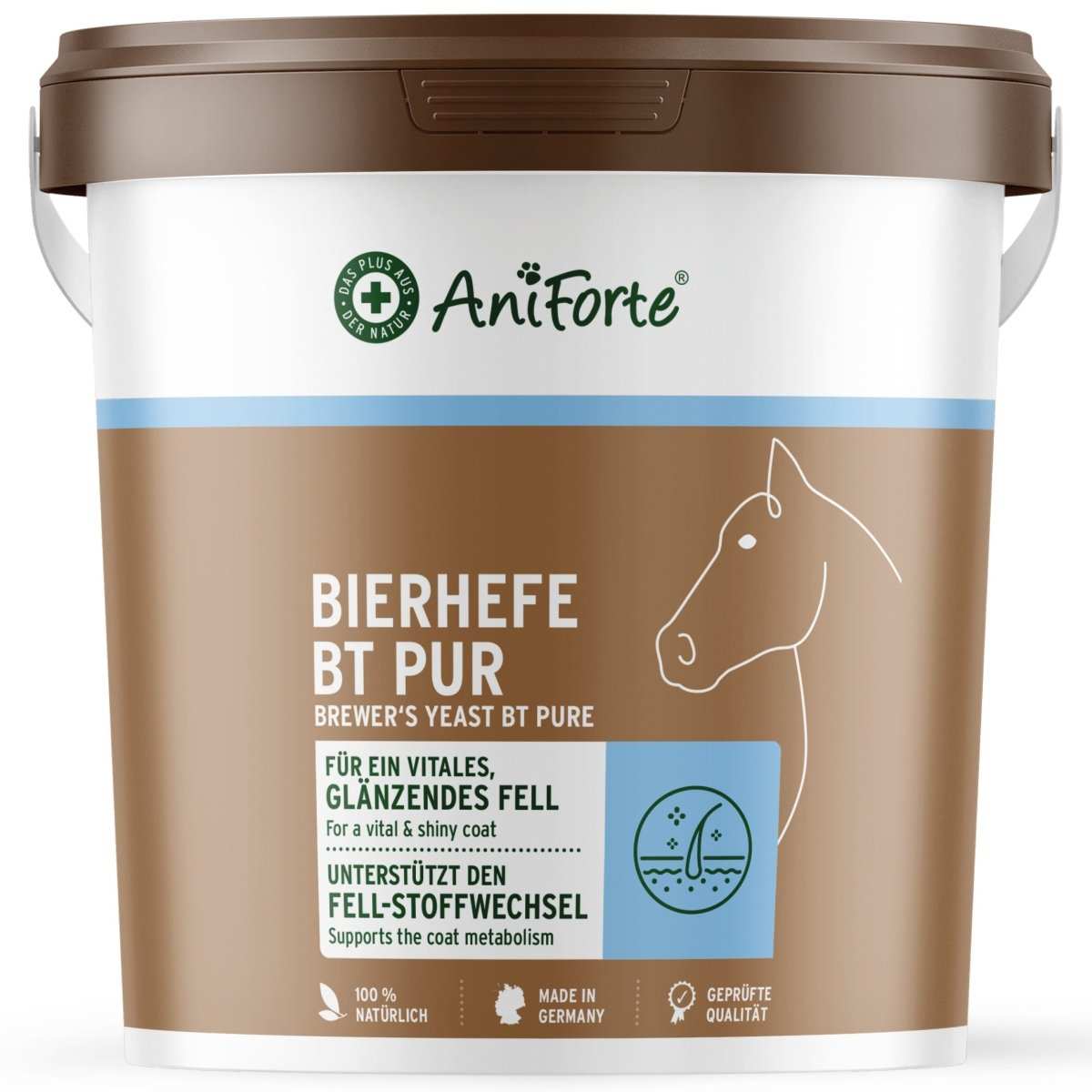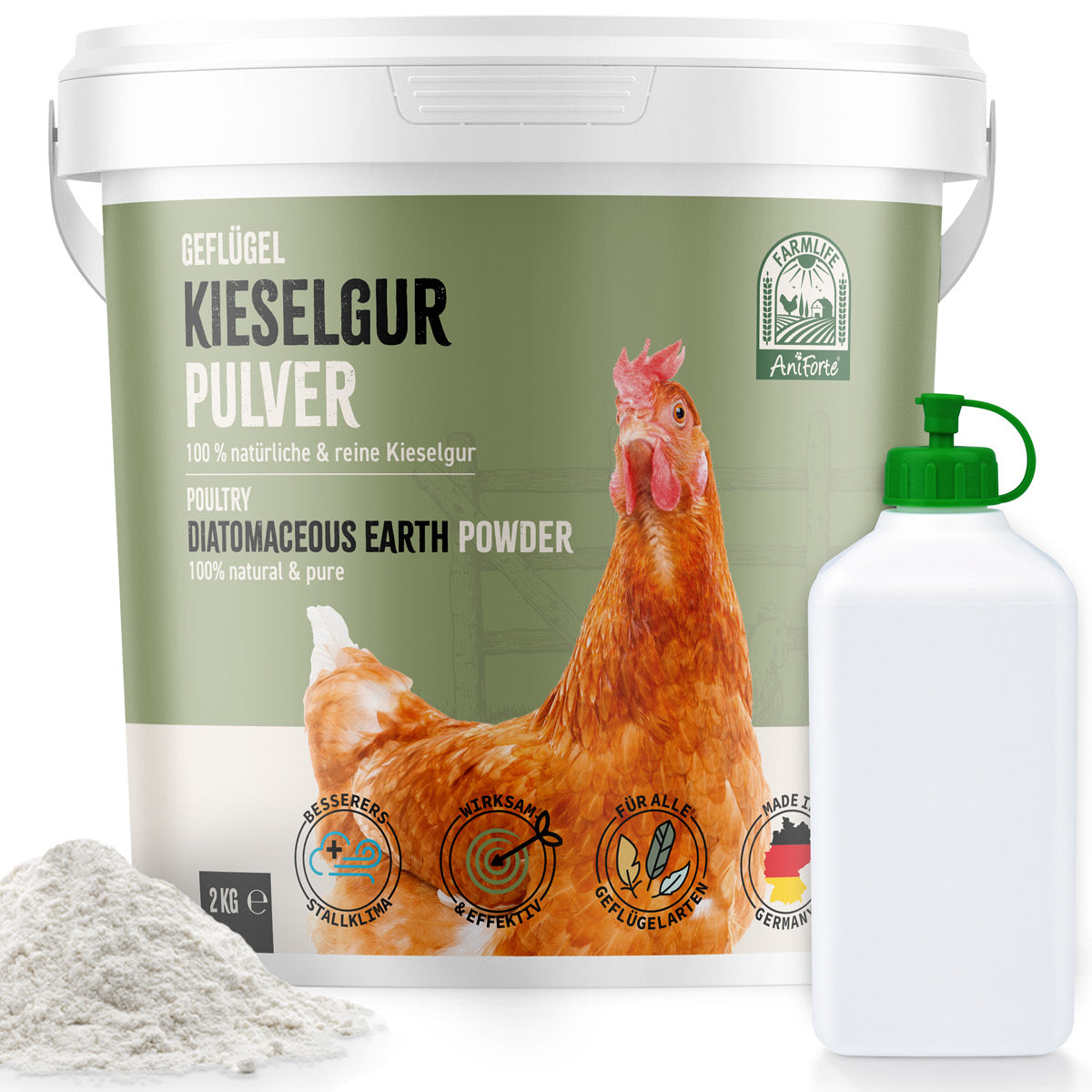Summertime is travel time. However, if you want to take your dog with you to southern countries, you should find out in advance about the risks of infection from diseases in the individual regions. In this interview with our vet Philipp Schledorn, you can find out which Mediterranean diseases can be dangerous and how you can protect your dog from infection.
AniForte®: Which dog diseases are known from the Mediterranean region that do not or rarely occur here?
Vet: Leishmaniasis is a good example. This infectious disease occurs mainly in Spain, Greece and southern France and is transmitted by mosquitoes (sandflies). Its symptoms are chronic claw bed inflammation, increased growth of the claws, swollen lymph nodes and skin changes. Dog owners may notice skin lesions, particularly on the eye glasses, the inside of the ears or the bridge of the nose of their pet. The disease is also accompanied by weight loss and a dog's reluctance to move. As kidney failure can occur, many four-legged friends drink more water and urinate more frequently.
AniForte®: What is the treatment for leishmaniasis?
Veterinarian: As soon as you notice any abnormalities, you should go to the vet and have the diagnosis confirmed by a blood analysis. The dog is then treated with growth inhibitors such as Alluporinol. In addition, the immune system should be strengthened and a kidney diet should be followed. The chances of recovery are good if the infection is detected early. However, there is always a risk of the disease spreading to humans through the sandflies. The only thing that helps here is prophylaxis - i.e. not getting bitten in the first place - and seeing a doctor immediately if symptoms occur.
AniForte®: Are there diseases from which dogs can be better protected?
Vet: Yes, basically all diseases that are transmitted by ticks are preventable with good tick protection. These infectious diseases include, for example, ehrlichiosis, which also occurs frequently in the Mediterranean region.
AniForte®: How can I tell if my dog has ehrlichiosis?
Vet: After infection via the saliva of a tick, the dog will have bleeding gums, hematomas on the skin and nosebleeds. There is an invisible enlargement of the spleen and liver, but these animals have visibly swollen lymph nodes. Often there is also a change in the color of the eyes (uveitis) and the retina, which can lead to blindness. Dogs suffering from ehrlichiosis also suffer from epileptic seizures and show abnormalities in movement or tremors. The afflicted animals have joint pain, anemia and develop a fever. As a dog owner, you can sometimes notice unusual coughing and pale mucous membranes. Bloody urine is also particularly obvious.
AniForte®: How do you treat such a case of ehrlichiosis?
Veterinarian: After the blood analysis, I prescribe the antibiotic doxycycline for 7-21 days in quantities of 10-25mg per kilo of food. Here, too, it is of course important that the symptoms are recognized early and the dog can be treated despite being on vacation. However, the best thing to do is of course to prevent ticks from biting in the first place by taking good prophylactic measures.
AniForte®: What other infectious diseases do you recommend tick protection against?
Veterinarian: A typical Mediterranean disease caused by ticks is babesiosis, also known as canine malaria. This is a blood parasite that destroys the dog's red blood cells, leading to anemia. Affected animals develop a fever and appear apathetic. They also have a reduced desire to eat and their mucous membranes and skin become discolored due to the jaundice. For us doctors, enlargement of the spleen and liver as well as water retention in the tissue (edema) are also recognizable.
AniForte®: Canine malaria sounds very dangerous. How are diagnosis and treatment carried out?
Veterinarian: Babesiosis is dangerous as it can be fatal. However, it can be easily detected in dogs by means of a clinical picture, a blood analysis, an ultrasound of the abdominal organs and blood smears with various stains. Subsequently, treatment can be carried out with imidocarb dipropionate and phenamidine (Babesia), for example. The active ingredients are injected 2-3 times into the dog's skin using a syringe. Regular blood tests should then be carried out to keep the dog's anaemia under control.
AniForte®: That sounds like a tough ordeal. How can I prevent my dog from becoming infected?
Vet: When vacationing in the Mediterranean region, you should definitely think about tick prophylaxis for your dog. If a dog is bitten anyway, my advice is to remove the tick as quickly as possible. Otherwise, vigilance and a healthy attitude will help: if a vet is necessary in a country whose language you don't speak, you should throw your reservations overboard in the interests of your dog and visit him anyway. Symptoms are international.
AniForte®: What other parasites should you be wary of in the Mediterranean region?
Vet: Worms. A particularly nasty parasite is transmitted by mosquitoes: dirofilariasis heartworm. As the name suggests, these worms block the main vessels of the heart. This can be very unpleasant for the dog, as the worms can grow up to 30 cm long.
AniForte®: How can I tell if my dog has heartworm?
Vet: The animals visibly lose weight. They also cough a lot and generally have difficulty breathing. As a result, infected dogs also have a reduced condition and appear weak. We then find edema and ascites in the abdominal cavity. The parasites can then be detected by means of a heart ultrasound, ECG and X-ray of the chest and abdomen.
AniForte®: What are the chances of a cure for dirofilariosis heartworm?
Veterinarian: Unfortunately, that depends on the severity of the infestation. If the worms are not yet fully grown, we can treat the dog with diethylcarbamazine or melarsamine. Adult parasites block the blood vessels purely mechanically. As a result, there is a risk that the dead worms will also lead to a blockage of the blood vessels during treatment. This is very dangerous and can even lead to heart failure.
AniForte®: How can I protect my dog from heartworm?
Vet: Mosquitoes transmit the larvae of the worm. These usually survive for weeks in the animal's bloodstream until they migrate to the heart and enlarge there. It is therefore important either to prevent the bite directly or to prepare the dog for the fight against the parasites with a worming treatment before and during the vacation.
AniForte®: Are there also travel illnesses for dogs that occur in the cooler regions of Europe?
Vet: Yes, wherever ticks are at home, infection with anaplasmosis can also occur. The bacteria, which are closely related to ehrlichiosis, are found in Bulgaria, England, France, northern Italy, Croatia, the Netherlands, Norway, Austria, Poland, Sweden, Switzerland, Slovenia, northern Spain, the Czech Republic and Hungary. However, due to climate change, isolated cases are now also occurring in other countries.
AniForte®: What are the symptoms of a dog infected with Anaplasma bacteria?
Veterinarian: These animals develop a fever and appear listless. Their lack of appetite is also noticeable. This, coupled with diarrhea and vomiting, can lead to the dog losing weight. Sometimes there is also bleeding and lameness as a result of joint inflammation.
AniForte®: How do you treat anaplasmosis?
Veterinarian: At the vet's, the infection can be detected via a blood analysis. This is followed by antibiotic therapy for 21 days. However, I can only recommend that you use adequate tick protection, such as tick repellent for dogs or tick capsules, at an early stage, to think about it. Those who take precautions will enjoy a carefree vacation later, those who simply wait and see will unfortunately experience unpleasant surprises when traveling.
AniForte®: Thank you very much for the informative interview.
Vet: Thank you very much for the invitation and a wonderful vacation to all dog owners and their four-legged friends!





